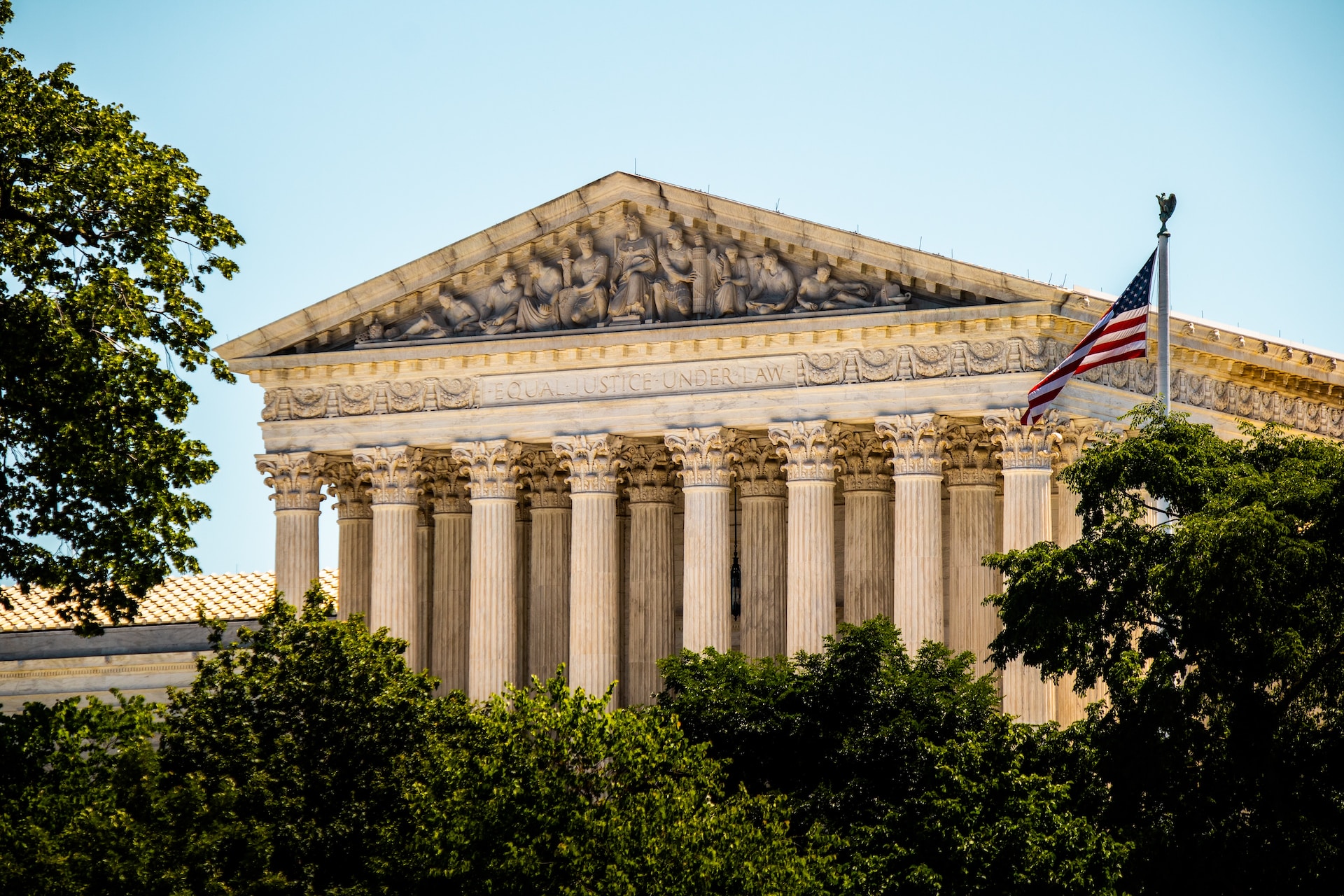
Research from the Upjohn Institute’s Aaron Sojourner helped inform Supreme Court Justice Ketanji Brown Jackson’s dissent in a monumental case that rejected race-conscious college admissions.
Universities pursue diversity not just for their own campuses but to improve society, Jackson wrote. It is critically important that the University of North Carolina, one of two universities whose affirmative action policies were challenged in the case, produce highly educated professionals of color. She then cited work showing improved outcomes to Black patients who are treated by Black doctors.
Jackson cited this paper in the Proceedings of the National Academy of Science by Brad N. Greenwood, Rachel R. Hardeman, Laura Huang and Aaron Sojourner. Their research shows fewer deaths for Black newborns who are cared for by Black doctors.
Specifically, the death rate for Black newborns in hospitals is a third lower when Black newborns are cared for by Black physicians rather than white physicians.
The 6-3 ruling in the case, Students for Fair Admissions, Inc. v. President and Fellows of Harvard College, overturned a landmark affirmative action precedent.
Before the June 29 ruling, Upjohn Institute Dissertation Award honoree Zachary Bleemer discussed his research showing effects on students of ending affirmative action at universities. “They're less likely to earn graduate degrees. Among lower-testing students, they're less likely to ever earn an undergraduate degree at all,” Bleemer told National Public Radio.
“They're less likely to earn degrees in lucrative STEM fields," he said. "And if you follow them into the labor market, for the subsequent 15 or 20 years, they're earning about 5% lower wages than they would have earned if they'd had access to more selective universities under affirmative action.”
